Best Colleges for Chemistry in World – Chemistry is referred to as central science because chemistry has a very important role in supporting the development of other science. Along with the rapid development of the times, both in the field of information, communication, and science.
Chemical sciences are also growing rapidly, medicinal materials, household products, and other needed products. Chemical science is also very influential and has an important role in the development of other sciences, such as geology, agriculture, health, and in resolving global problems.
Being a scientist in the field of chemistry is certainly not regardless of where we demand the knowledge because it will determine the expertise.
Many of the best campuses in the world but based on top 10 world campuses in chemistry at topuniversities.com with subject chemistry in 2025 that can be a referral to study and become a researcher in the field of chemistry include:
Massachusetts Institute of Technology (MIT)
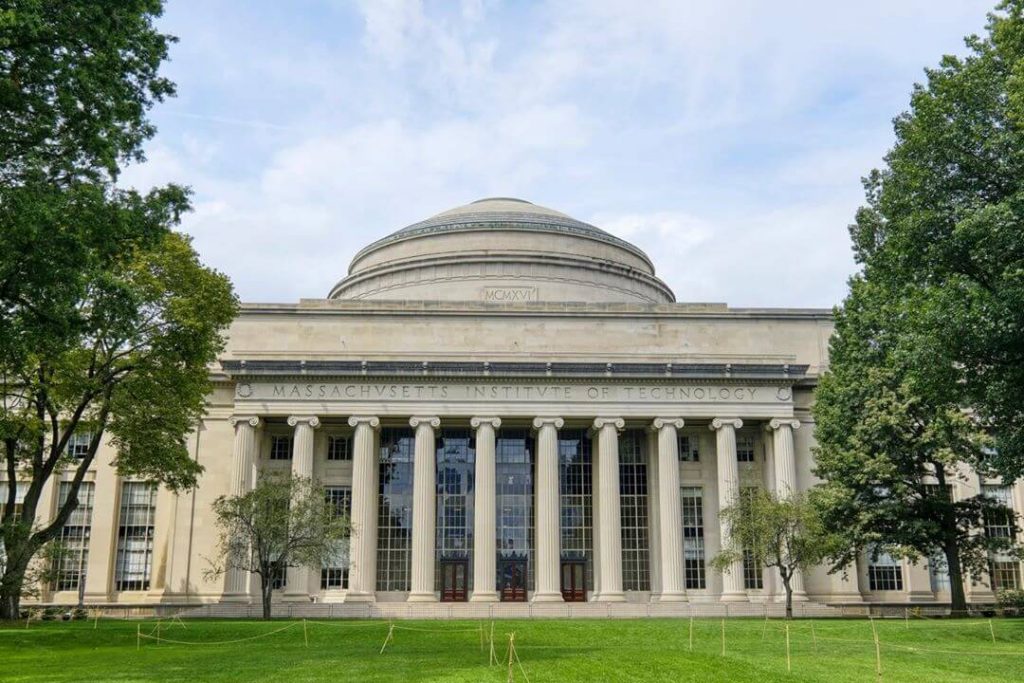
- Location: 77 Massachusetts Avenue Cambridge, United States
- Total Student: 11,342
- International Student: 3,745
- Status: Private
- Research Output: Very High
- Academic Reputation: 100
- Academic faculty staff: 3,011
- Overall Score: 100
- QS WUR By Subject Ranking #1
- QS World University Ranking #1
- Graduate Employability Ranking #1
- US UNI (universities) #3
- Website https://web.mit.edu
The MIT Department of Chemistry is inclusive, supportive, and innovative with to create new chemical knowledge and to guide the next generation of the best and brightest for students who are very interested in chemical sciences.
Recognized as one of the top chemical departments in the world, having the way in both education and research, the leading history of the chemical department as the MIT tradition with its excellence.
The Department performs achievements based on pioneering advances in chemical research and its success in combining these advances into educational missions.
Chemistry is the central and underlying science of most of the efforts of scientists and engineers to improve human life.
Chemistry at MIT takes a major role in experimental and theoretical chemistry that investigates at its most fundamental level, discovering new chemical synthesis, creating sustainable energy, elaborating the natural biochemical complexity of the system, enhancing the environment, detecting and curing diseases, and developing ingredients with new properties.
The fundamental discoveries made in this department have found its way into practical applications ranging from the synthesis of polymers to medical imaging.
Harvard University

- Location: 1350 Massachusetts Avenue Cambridge, United States
- Total Student: 23,583
- International Student: 5,815
- Status: Private
- Research Output: Very High
- Academic Reputation: 100
- Academic faculty staff: 4,556
- Overall Score: 97,9
- QS WUR By Subject Ranking #1
- QS World University Ranking #3
- Graduate Employability Ranking #5
- US UNI (universities)
- Website https://www.harvard.edu
Chemistry is the science of the structure, nature, and reaction of matter. This science is the basic science, the basis for understanding the world we live in, and the practical science with a large number of important and diverse applications.
The knowledge of chemistry is fundamental to understanding biology and biochemistry and certain aspects of geology, astronomy, physics, and engineering.
One of the best universities at Harvard University has a chemistry program that offers opportunities in the fields of research and training in many subdisciplines of chemistry, including chemical biology, inorganic, organic, physical, and theoretical.
This campus’s Department of Chemical Physics Program is also designed for students who want to prepare for the study of chemical problems with modern physics methods and theories.
University of Cambridge

- Location: The Old Schools, Trinity Lane Cambridge, United Kingdom
- Total Student: 19,876
- International Student: 7,595
- Status: Public
- Research Output: Very High
- Academic Reputation: 100
- Scholarship: Yes
- Total faculty staff: 5,834
- Overall Score: 94.3
- QS WUR By Subject Ranking #2
- QS World University Ranking #7
- Graduate Employability Ranking #8
- Website https://www.cam.ac.uk
Chemistry in Cambridge supports fundamental science of the highest quality in a first-class environment. The campus has a world-class teaching and research center that is recognized for our records beyond best, innovation, and excellence.
This campus Program has relevance to a variety of real-world challenges and industrial applications, such as drug rides, oil recovery, aging, energy research, fuel cells and batteries, synthetic drugs, computer memory, and sensors.
The department is home to a large number of internationally recognized research groups. The enthusiastic research culture covers challenging new areas, included strong collaboration with other academic disciplines and institutions while maintaining a strong presence in the traditional core areas of chemistry.
The university has five core research areas covering the biological research interest Group, Materials Chemistry Research Interest Group, Physical Chemistry Research Interest Group, Synthetic Chemistry Research Interest Group, and Theory Research Interest Group.
Stanford University
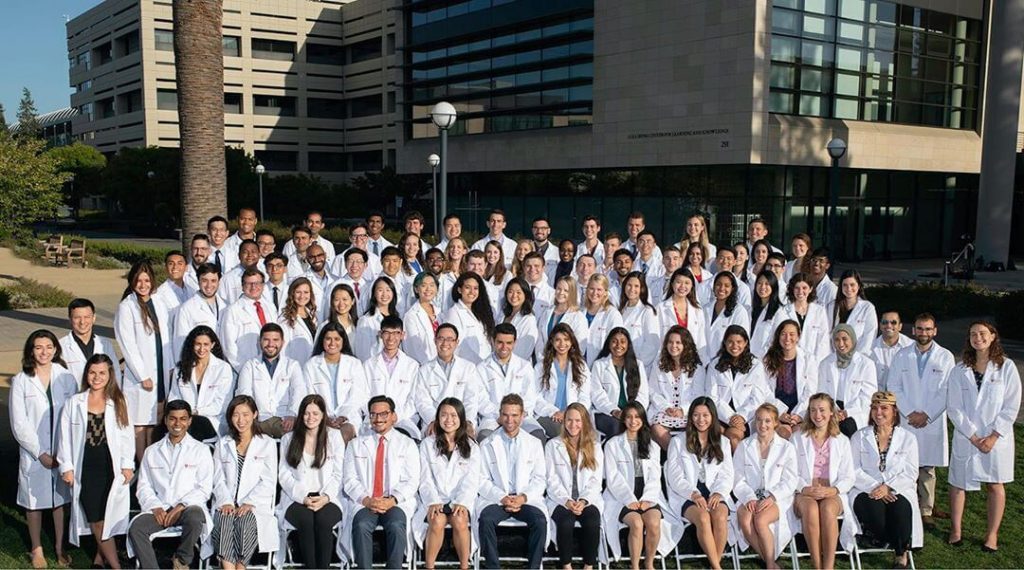
- Location: 450 Serra Mall Stanford, United States
- Total Student: 16,135
- International Student: 3,665
- Status: Private
- Research Output: Very High
- Academic Reputation: 100
- Total faculty staff: 4,478
- Overall Score: 98.4
- QS WUR By Subject Ranking #1
- QS World University Ranking #2
- Graduate Employability Ranking #2
- US UNI (universities) #2
- Website https://www.stanford.edu/
The Department of Chemistry at Stanford University is committed to cultivating a respectful working culture, striving to foster a safe, inclusive and fair environment where faculty, researchers, and students can thrive as they develop new chemistry through research, innovation, collaboration, and scholarship.
The Department of Chemistry is related to the intellectuals and physical of basic science, engineering, and medicine. In addition to conducting interesting forms of research on its own, the natural synergy with other sciences has directed faculty and students into an interesting exchange and collaborative project of cross-disciplinary sciences.
Prominent faculty and alumni include many members of the National Academy of Sciences, Nobel Prize recipients, and recipients of various national and international awards
. Join one of these best campuses by continuing to advance fundamental knowledge in chemistry and unlocking new landscapes in the areas of environment, energy, and human health.
The University of California, Berkeley (UCB)

- Location: Campanile Way Berkeley, United States
- Total Student: 40,443
- International Student: 6,914
- Status: Public
- Research Output: Very High
- Academic Reputation: 100
- Total faculty staff: 3,089
- Overall Score: 80,8
- QS WUR By Subject Ranking #3
- QS World University Ranking #30
- Graduate Employability Ranking #4
- Website https://www.universityofcalifornia.edu/
UC’s faculty is the pusher behind innovations in biotechnology, computer science, art and architecture, and bringing knowledge, development, straight to the classroom.
Thousands of jobs in California, billions of dollars in revenue, and countless everyday household items ranging from more fruits and vegetables to compact fluorescent light bulbs-can be traced back to UC’s invention.
Similarly, many of the state’s leading businesses are based on UC technology, established by the faculty-led by UC graduates.
Taking the following courses will prepare you to major in chemistry at any UC campus course expectations about General chemistry (full sequence with lab), Organic chemistry (full sequence with lab), Calculus-based physics (full sequence with lab), Single variable calculus (full sequence), Multivariable calculus (one-semester course), Differential equations (one course), Post-Transfer: Linear algebra (one course)
Linear algebra is recommended pre-transfer, but transfer students will not be negatively affected in competitiveness for admission if completed post-transfer as needed.
University of Oxford
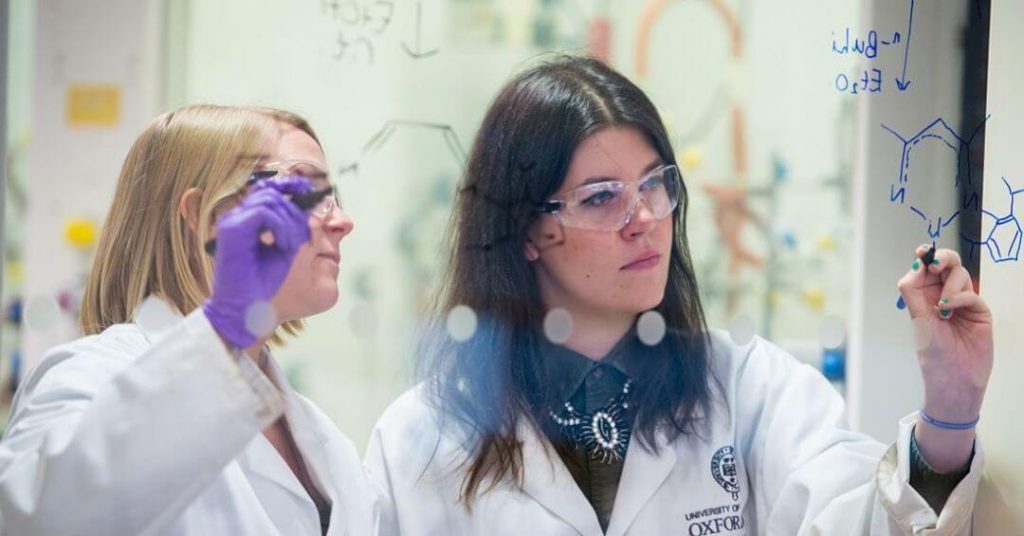
- Location: Wellington Square Oxford, United Kingdom
- Total Student: 20,786
- International Student: 8,259
- Status: Public
- Research Output: Very High
- Academic Reputation: 100
- Scholarship: Yes
- Total faculty staff: 6,650
- Overall Score: 96,7
- QS WUR By Subject Ranking #1
- QS World University Ranking #5
- Graduate Employability Ranking #10
- Website http://www.ox.ac.uk/
The Department of Chemistry is the largest in the Western world. Every year about 170 chemists graduate after a four-year course that includes a year of research and about 80 graduates receive a doctor.
The current department is involved in several innovative work fields including chemistry for measuring, drug discovery, energy, catalysis, nanochemistry, synthesis, atmospheric chemistry, synthetic biology, and femtochemistry.
Oxford is one of the world’s leading chemical research departments with about 80 academic staff conducting international-level research, the latest UK Research Excellence Framework (2014) confirms that 49% of the research profiles proposed by Oxford Chemistry are regarded as the world’s leading qualities.
This department not only has the highest volumes of research from any department of Chemistry but is also rated to have the top research environment.
The impact of this department’s research beyond academics is also highly rated with over 55% and this ranking published regularly puts Oxford in the top 10 chemical departments worldwide.
ETH Zurich-Swiss Federal Institute of Technology

- Location: Raemistrasse 101 Zurich, Switzerland
- Total Student: 18,563
- International Student: 7,247
- Status: Public
- Research Output: Very High
- Academic Reputation: 98.7
- Total faculty staff: 2,619
- Overall Score: 95
- QS WUR By Subject Ranking #1
- QS World University Ranking #6
- Graduate Employability Ranking #17
- Web site https://ethz.ch/en.html
The Department of Chemistry and Applied Biosciences offers a wide range of undergraduate and Master degree programs that are highly appreciated in the academic and industrial fields thanks to their extensive knowledge base and their practical way of thinking.
About 1200 students are registered and benefit from excellent teaching and research at the Department of Chemistry and Applied Biosciences.
The diversity is one of the strengths of ETH Zurich and also challenges. The code of conduct serves as a guideline to treat each other at university and in departments. All members, colleagues, and friends are treated with the same respect as expected and treated as well.
Contact your organization and relevant people depending on who you feel is most comfortable to talk to, if you are witnessing, or personally influenced by inappropriate behavior.
The scope of this chemical sciences includes Chemical Engineering, Pharmaceutical Sciences, Interdisciplinary Sciences, Biochemistry – Chemical Biology Chemical, and Bioengineering.
California Institute of Technology (Caltech)

- Location: 1200 East California Boulevard Pasadena, United States
- Total Student: 2,237
- International Student: 692
- Status: Private
- Research Output: Very High
- Academic Reputation: 97
- Total faculty staff: 1,059
- Overall Score: 97
- QS WUR By Subject Ranking #6
- QS World University Ranking #4
- Graduate Employability Ranking #74
- US UNI (universities) #19
- Web site https://www.caltech.edu/
The chemical research at Caltech is highly interdisciplinary, reflecting the growing importance of molecular understanding in many fields of science. The main initiative builds extensive collaboration in energy and environment, molecular medicine, and nanomaterials.
Caltech’s chemistry Program provides depth in the fields of traditional chemistry organic and inorganic chemistry, chemical physics, theoretical chemistry, and chemical biology.
The field of research includes synthesis and chemical catalysis, chemical dynamics and reaction mechanisms, biochemistry, bioinorganic, bioorganic, and biophysical chemistry, and chemical materials.
Further developments have led the department to the forefront of research and teaching in the field of chemical engineering. The Faculty of Chemical Engineering at Caltech is one of the most famous and innovative in the world, actively leading the research of chemical engineering into the field of applications and new involvement.
Biochemical and molecular biophysics have been designated as interdisciplinary programs, with a biological, chemical, and physics interface, which seeks to understand the basic molecular mechanisms of life.
EPFL
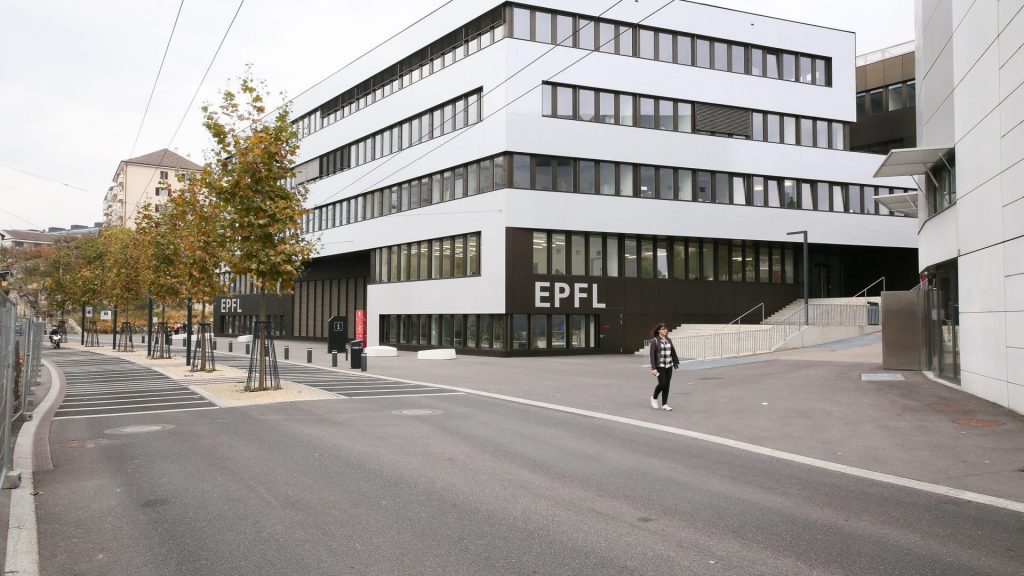
- Location: Ecole Polytechnique Federale de Lausanne, Switzerland
- Total Student: 9,668
- International Student: 5,870
- Status: Public
- Research Output: Very High
- Academic Reputation: 80.4
- Scholarship: Yes
- Total faculty staff: 1,709
- Overall Score: 89.6
- QS WUR By Subject Ranking #7
- QS World University Ranking #14
- Website https://www.epfl.ch/en/
The EPFL training in chemistry and chemical engineering offers a broad spectrum of different approaches that provide access to the extraordinary diversity of the atomic and molecular worlds. Chemists want to understand what materials are made, from atoms to the conformation of protein complexes.
For this purpose, they learned how to master the arsenal of theoretical and experimental tools that allow them to penetrate the secrets of the natural process. They use this understanding of nature to protect it, to recreate and modify existing molecules, and to create and produce artificial systems.
During their studies, students in chemistry and chemical engineering modeled the spatial configuration of the molecules given from their computers. Through the interaction of light and material, they study various molecular systems of spatial and temporal scales. In laboratories, they make the alkaline molecules react to each other to develop structures that have specific properties.
They also developed a catalytic process for conducting selective reactions and may devise a new process for transforming and storing energy. The training that pair scientific knowledge and engineering science in-depth is required for anyone who wants to specialize in industrial production.
EPFL Chemical engineers receive solid training in molecular chemistry and biology. They can also design and implement large-scale production using the process of physics, chemistry, and biotechnology.
National University of Singapore (NUS)

- Location: 21 Lower Kent Ridge Road Singapore
- Total Student: 29,080
- International Student: 7,273
- Status: Public
- Research Output: Very High
- Academic Reputation: 99,7
- Scholarship: Yes
- Total faculty staff: 4,611
- Overall Score: 91,5
- QS WUR By Subject Ranking #8
- QS World University Ranking #11
- Graduate Employability Ranking #24
- Asian University Rankings #1
- Website http://nus.edu.sg/
The Department of Chemistry is Singapore’s leading chemical Research institute, which employs around 50 academic faculty members and 20 teaching staff. It was founded in 1929 as part of Raffles College. The campus offers undergraduate and graduate programs leading to a BSc, BSc (Hons), MSc, and Ph.D. in chemistry.
Members of this faculty are involved in the teaching and research activities of all major areas of chemistry namely, chemical analytic, inorganic, organic, and physical in the department, and also offer a variety of special programs that lead to minor degrees including Nanoscience and forensic science.
All departments in the faculty turn to modular systems to allow students to continue at a pace that suits their needs and abilities. All courses and laboratories in the department are thus re-organized into core, elective, and Enrichment module categories.
In 2012, the department began offering specialization in chemical materials, chemical Medicine and Energy & Environment, to increase students ‘ interest in these disciplines which are considered essential for the continuation of Singapore’s economic success.
In 2014, the department restructuring the undergraduate curriculum until the first 2 years is devoted to developing their basic knowledge in chemistry, while the next 2 years will be focused on developing their expertise in the emerging chemistry field.

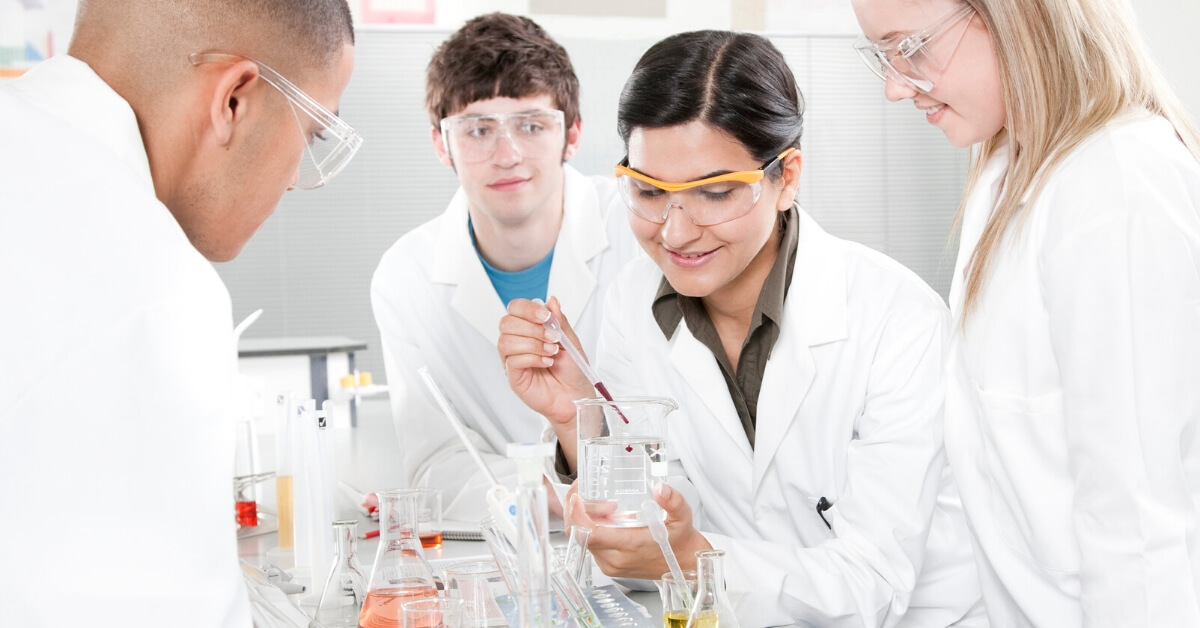
You must be logged in to post a comment.